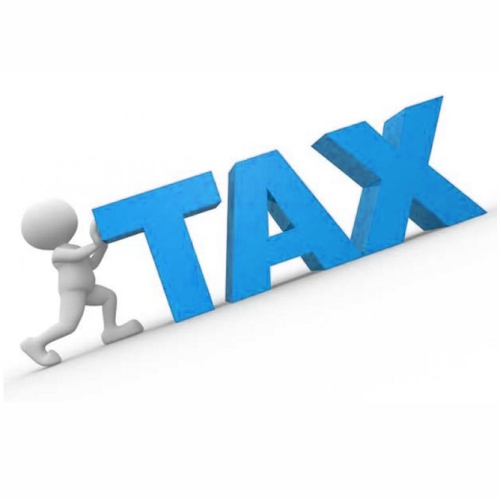Estonia is set to introduce a sugar tax, scheduled to take effect in 2025, with an estimated annual revenue of at least €25 million, as approved by the government. However, the specific tax rates for consumers are yet to be determined, reported News.err.ee.
The groundwork for a tax on sugary drinks was initially laid out by the Riigikogu in 2017 during former Prime Minister Jüri Ratas’ first term in office. However, this legislation never came into force as former President Kersti Kaljulaid declined to promulgate the law, citing constitutional conflicts.
Under the proposed sugar tax, the amount paid would be contingent on the sugar content in each beverage. For instance, a two-liter bottle of Coca-Cola, which contains a relatively high sugar content of 10.6 grams per 100 milliliters, would incur an additional tax of 60 cents, nearly constituting 25 percent of the current price.
The precise method of taxing sugary drinks in the future remains a subject of ongoing deliberation. Minister of Health Riina Sikkut (SDE) clarified that the coalition has only reached a preliminary agreement on the need to establish such a tax. She noted that the estimated revenue projections are based on forecasts made six to seven years ago.
The underlying rationale behind the sugar tax is straightforward: higher prices tend to lead to reduced consumption. Similar outcomes were observed in Portugal when a comparable tax was implemented. In the same vein, Finland and Latvia in the region have also introduced similar taxes.
However, Sirje Potisepp, the head of the Estonian Food Industry Association, voiced concerns about the inconclusive nature of the research supporting such taxation. She stated, “While it is well-known that sales of taxed products decline, there is no conclusive scientific evidence linking this to improved public health. On the contrary, people often shift their consumption to even sweeter products, a trend observed in countries that have introduced sweetener taxes in various forms.”
Potisepp underscored that the taxation of sweetened beverages predominantly impacts lower-income individuals, and Estonia already has one of the highest Value Added Tax (VAT) rates in Europe.











